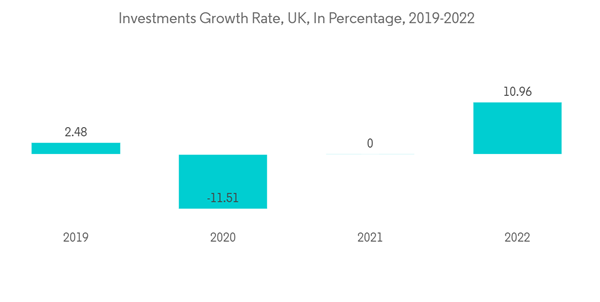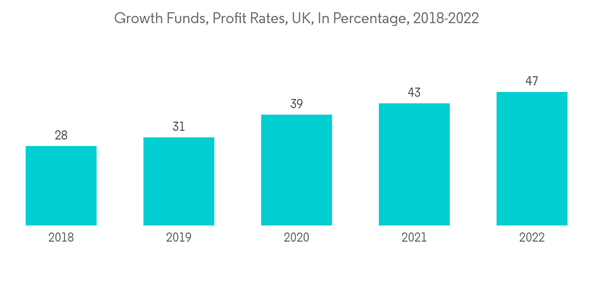Large financial institutions provide mutual funds. They permit individual and business investors to contribute funds to the mutual fund, which will buy and sell shares on your behalf. The Financial Conduct Authority (FCA) regulates the UK mutual funds market, which sets guidelines and rules to protect investors and ensure market integrity. Many UK mutual funds focus on stocks and shares listed on global markets. The market offers mutual funds catering to different investment objectives and risk profiles. Common types of funds include equity, fixed-income, money market, balanced, index, and sector-specific funds.
Many investors concentrate on the NASDAQ and the New York Stock Exchange, resulting in portfolios that include companies like Disney, Apple, Facebook, IBM, and Amazon. The roughly 600 companies that make up the FTSE All-Shares Index are increasingly attracting the interest of mutual funds looking to increase their exposure to the UK economy.
As the virus swept across the UK, stock prices in UK financial markets decreased, and volatility rose. UK equities markets began to rise after reaching low troughs in late March. The COVID-19 crisis sparked widespread panic and a rush for cash. Both money market funds and long-term funds saw outflows among UCITS.
UK Mutual Funds Market Trends
Growing Personal Finance Sector is Driving the Market
The growing personal finance sector in the UK drives the mutual fund market. Personal finance encompasses various financial services aimed at individuals, such as banking, insurance, investments, and retirement planning. People of the UK are becoming more aware of the importance of saving and investing for their future financial well-being, which has increased the demand for investment products such as mutual funds.Retirement planning has become a major concern for many people in the UK due to an aging population and changes in pension regulations. People want personalized retirement solutions that go beyond traditional pensions. This has expanded services such as self-invested personal pensions (SIPPs) and individual savings accounts (ISAs), which provide tax benefits and greater control over retirement savings. Individuals have turned to alternative investment options in response to the low-interest-rate environment and volatility in other asset classes for ways to grow their wealth through investment vehicles such as stocks, bonds, mutual funds, and exchange-traded funds (ETFs).
Potential for Capital Appreciation is Driving the Market
Capital appreciation refers to growth in the market value of assets or investments. Capital appreciation in equity shares is passive and gradual. It can occur due to macroeconomic and microeconomic factors. In the mutual fund industry, 'growth funds' often invest in capital appreciation funds. These funds invest in young stocks that can grow and increase in value based on the company's improved fundamental metrics.Mutual funds give investors access to a diverse portfolio of securities by pooling money from multiple investors. Mutual funds can invest in a wide range of assets, including stocks, bonds, and other financial instruments, reducing risks and increasing the potential for capital appreciation.
UK Mutual Funds Industry Overview
The UK Mutual Funds Market report includes an overview of mutual fund companies operating across the UK. The report presents detailed profiling of a few major companies, including product offerings, regulations governing them, their headquarters, and financial performance. Some major players dominating the market are BlackRock Funds, Van Guard, Charles Schwab, JP Morgan, and Barclay Hedge.Additional Benefits:
- The market estimate (ME) sheet in Excel format
- 3 months of analyst support
This product will be delivered within 2 business days.










